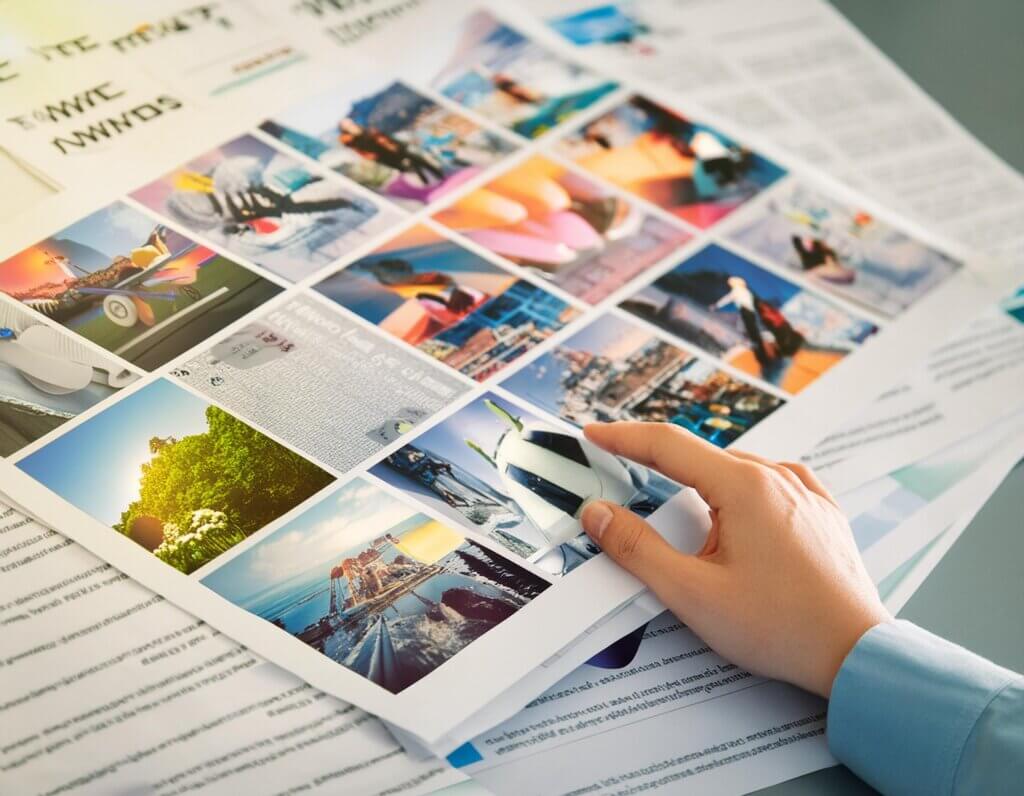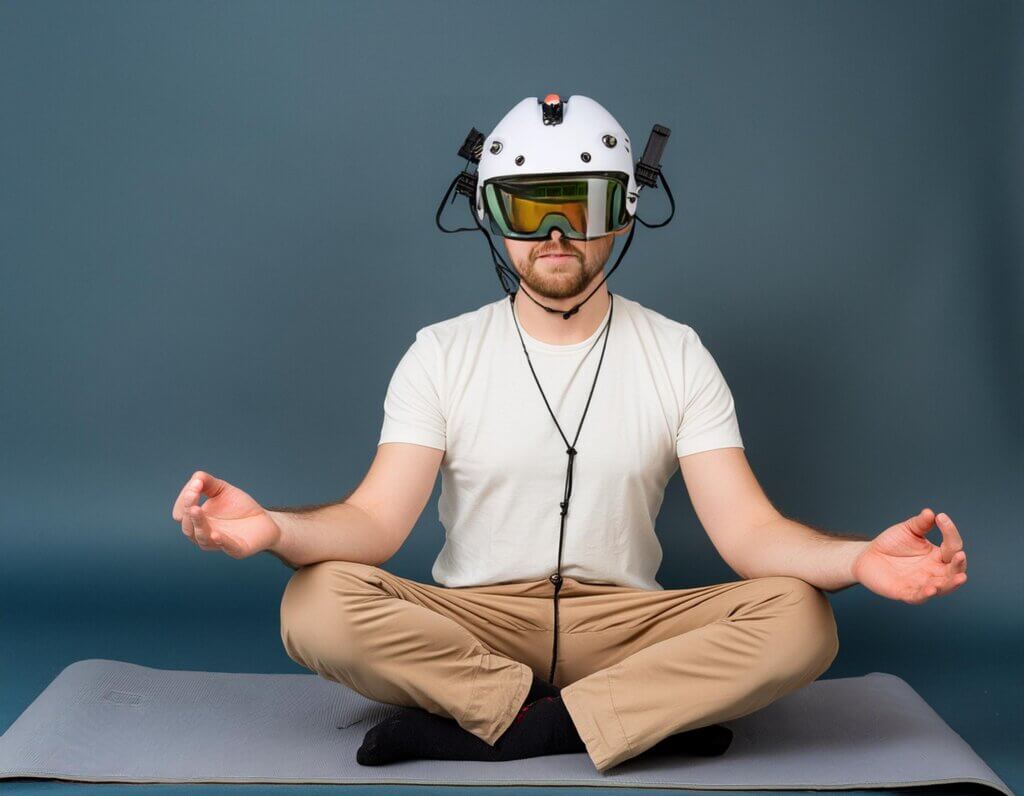
“If you throw a frog into a pot of boiling water, it jumps out immediately. But if you put it in cold water and slowly heat it, the frog will swim around, unaware, until it eventually boils.”
Predicting the future often comes from recognizing early trends. I want to discuss one such trend, one I am dangerously deep into. It feels like my generation is that frog in slowly heating water, already at 75 degrees without realizing it.
This article discusses addiction to stimuli and the resulting information overload. I share my experiences, current realities, and explore various future scenarios.
Today’s information overload is worse than ever. The internet is overflowing with too much information, all of it free, entertaining, and potentially important. Content creators and platforms aim to keep us engaged because it generates data and revenue. Articles, videos, advertisements, podcasts, emails, and messages flood us continuously.
Everything is getting faster and more addictive. AI technology ensures we see exactly what we want, and we consume content more efficiently. TikToks or reels are short, podcasts play while we clean, and complex ideas are simplified for us. I’ve fallen deep into this trap myself, watching Instagram summaries of movies back-to-back, or listening to intriguing stories while a game or cooking video plays in the background. Podcasts during chores and online shopping while watching movies. I was suffering from a stimuli addiction and I couldn’t do just one thing anymore. Opening Instagram felt automatic, and I was sucked into endless content, including entertaining ads. My attention span worsened, and reading a book was out of the question. This may sound extreme, but it’s normal for many in my generation. Though I’ve improved, my dependence on stimuli is still more than I’d like.
Social media plays a big role, but even outside of this the amount of information has increased. “a weekly edition of the New York Times in the early years of the 21st century contained more information than the average person was likely to come across in a lifetime in seventeenth-century England” (Bawden and Robinson, 2020) The high-speed technological innovations lead to changes beyond the ability of humans and our brains to keep up. Our evolution is way too slow for that. Therefore our brains can’t handle this much information. While it’s good to focus during work and important activities, the problem is that we experience this information stress even during our relaxation time due to our addiction to stimuli. Many studies link this stimuli addiction to increased depression and anxiety (Ying et al, 2020).
How will this continue? Will we boil like the frog? Some notice the rising temperature, but how do we escape when we’re addicted? Instead of fully dive into one possible scenario, I rather would explore all different kinds of future scenarios shortly.
The problem is that although our health is in danger, the flow of information won’t stop because our addiction generates money (The Social Dilemma, 2020).
Content may become even more efficient. Videos might be only five seconds, articles and newspapers more visual and concise.

We might experience information through more senses. Currently, we mostly see and hear stimuli, limiting how much we can take in. Often, we combine watching and listening with physical tasks like washing dishes or exercising. What if we could feel, taste, or smell interesting information? We could multitask even more.

For example, I’ve worked on a sleeve that conveys information through vibrating patterns on the arm for student team HART. Imagine cleaning while listening to a podcast, watching cooking videos, and playing a game on your arm. Just cleaning while listening to a podcast is way too boring.
Perhaps all static information sources like newspapers, billboards, store shelves, and books will become dynamic just like our social media and everything will be offered based on our interests.

Or, through all this ‘training’, we become very good at filtering information and can better control what we take in. We could use this positively by working very efficiently on two things at the same time and then consciously relaxing.
Alternatively, we might see solutions similar to rehab for drug, food, or gambling addictions; a rehab for stimuli addiction.
Meditation might become essential, taught in schools and scheduled daily like lunch. Or ‘non-stimuli activities’ become a trend.



I’m not a fan of solving a technology problem with more technology, but others might try. We could see devices that reduce stimuli, like helmets. After putting the helmet on your head you will not crave any information to help your mind relax. Or we could use medication for this, though that sounds a bit like existing drugs.
Or maybe we’ll take gradual steps back, as “social media is the new smoking”. And although our stimuli addiction creates so much money and data for companies, more people might understand the health issues caused by it and start to tackle their addiction.
Typically, designers are responsible for presenting this information. UX and UI designers excel at helping companies capture people’s attention. However, as designers we should consider our responsibility in this issue. Perhaps we should strive to be designers who also prioritize the needs of the information receiver. However, this is challenging in a capitalist system.
Sources
- All pictures are generated by Adobe Firefly
- Bawden, D. & Robinson, L. (2020). Information Overload: An Overview. In: Oxford Encyclopedia of Political Decision Making. . Oxford: Oxford University Press. doi: 10.1093/acrefore/9780190228637.013.1360
- Li, Y., Li, G., Liu, L., & Wu, H. (2020). Correlations between mobile phone addiction and anxiety, depression, impulsivity, and poor sleep quality among college students: A systematic review and meta-analysis. Journal of Behavioral Addictions, 9(3), 551-571. https://doi.org/10.1556/2006.2020.00057
- Orlowski, J. (Director). (2020). The Social Dilemma [Movie]. Netflix. https://www.netflix.com/watch/81254224


